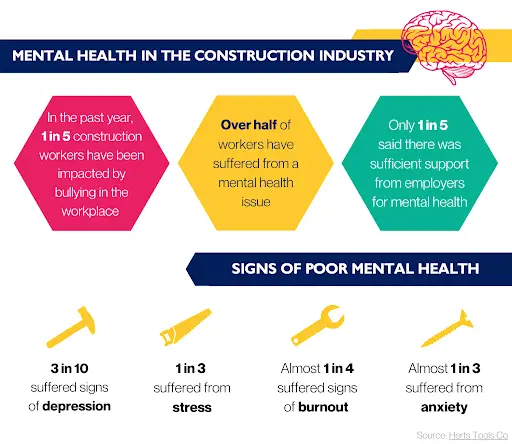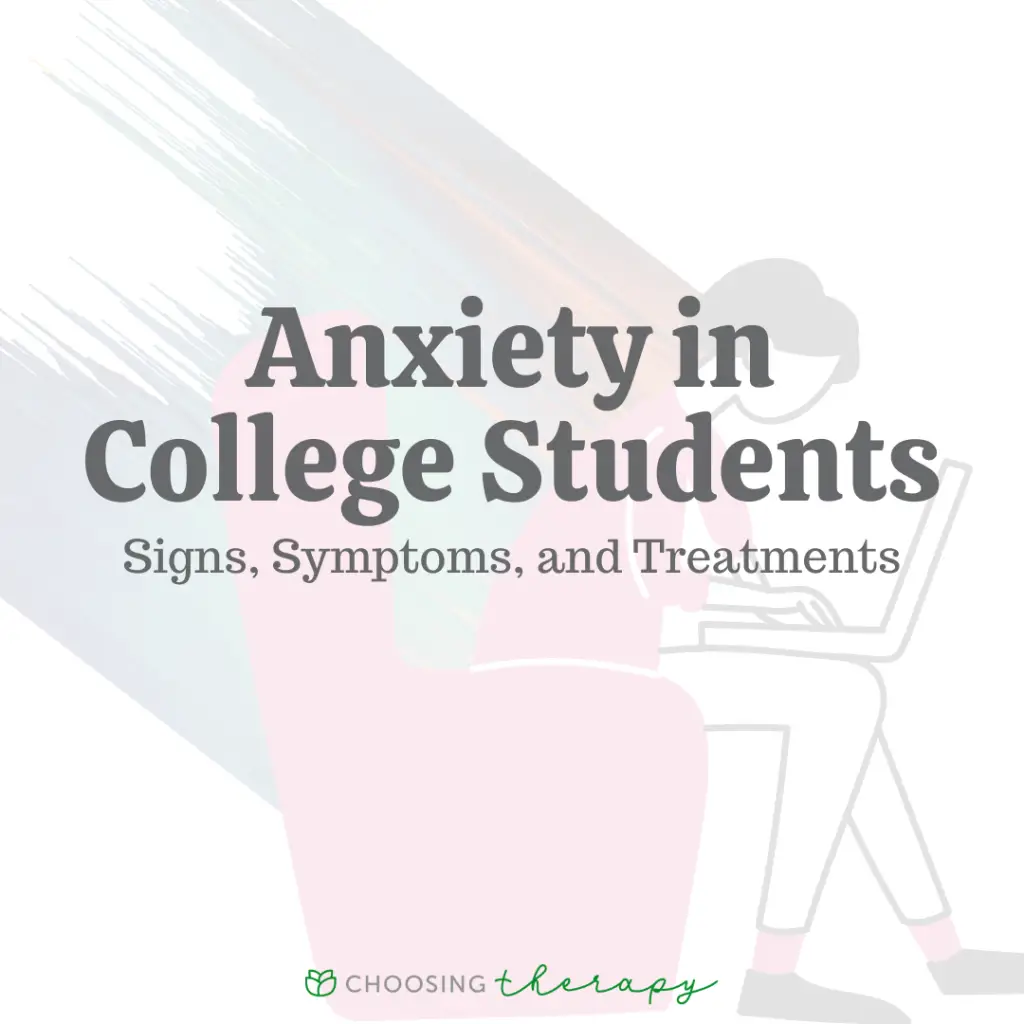Do you ever feel nervous or self-conscious in social situations? Like any interaction, no matter how small, sends your heart racing and your mind into overdrive? If so, you’re not alone. Social anxiety is a common issue that affects many people, and it can make daily interactions feel like an uphill battle. But don’t worry, in this article, we’ll explore different ways you can overcome social anxiety and regain confidence in social settings.
One effective way to tackle social anxiety is through cognitive behavioral therapy (CBT). CBT helps you identify and change negative thought patterns and behaviors that contribute to your anxiety. By working with a therapist, you’ll learn practical strategies to challenge your fears and gradually expose yourself to social situations that once felt overwhelming.
Another helpful practice is mindfulness and meditation. By focusing on the present moment and accepting your thoughts and feelings without judgment, you can reduce the impact of anxiety. Mindfulness exercises and meditation can help you develop a greater sense of self-awareness and cultivate a calmer state of mind, which in turn can reduce social anxiety symptoms.
Breathing exercises are yet another technique that can be incredibly useful in managing social anxiety. When we’re anxious, our breath becomes shallow and rapid, which only contributes to our feelings of panic. By practicing deep breathing exercises, you can slow your heart rate, relax your muscles, and bring a sense of calm to your body and mind.
Lastly, finding support and understanding from others who have faced similar challenges can be invaluable. Support groups, online forums, or therapy groups specifically focused on social anxiety can provide a non-judgmental space for you to share your experiences, gain insights, and learn from others. Remember, you don’t have to face social anxiety alone.
In this article, we’ll dive deeper into these strategies and explore additional techniques that can help you overcome your social anxiety. By implementing these practices and seeking support, you can gradually build your confidence, conquer your fears, and thrive in social situations. So, let’s get started on your journey to overcoming social anxiety together!
A Guide to Overcoming Social Anxiety
Social anxiety can be a debilitating condition for many individuals. It goes beyond just feeling a bit nervous in social situations; it can significantly impact how you function in various aspects of your life. But the good news is that social anxiety can be managed and even overcome with the right techniques and support. In this guide, we will explore different types of social anxiety, understand its causes and symptoms, and discover effective strategies to help you overcome this challenge and lead a fulfilling life.
Types of Social Anxiety
There are two common types of social anxiety: specific phobia and social anxiety disorder.
Specific Phobia
Specific phobia refers to an irrational fear of a specific social situation, such as public speaking, using public restrooms, or eating in front of others. People with this type of social anxiety often go to great lengths to avoid these situations, which can severely limit their daily lives.
Social Anxiety Disorder
Social anxiety disorder is more generalized and encompasses a fear of most social interactions. Individuals with this disorder may experience intense anxiety in various settings, such as parties, work meetings, or even casual conversations. The fear of being judged, humiliated, or embarrassed can be overwhelming, leading to avoidance behaviors and isolation.
Understanding Social Anxiety
To effectively conquer social anxiety, it is crucial to understand its causes and recognize its symptoms.
Causes of Social Anxiety
The exact causes of social anxiety are not fully understood, but several factors may contribute to its development. These factors include genetic predisposition, brain chemistry imbalances, environmental factors like childhood trauma or bullying, and learned behavior from observing anxious or socially awkward parents or peers.
Symptoms of Social Anxiety
Social anxiety can manifest in various ways, both physically and emotionally. Physically, you may experience symptoms such as rapid heartbeat, sweating, trembling, dizziness, or upset stomach. Emotionally, you may feel intense fear, self-consciousness, or a strong desire to escape the situation. Over time, these symptoms can negatively impact your self-esteem, relationships, and overall well-being.
Overcoming Social Anxiety
While social anxiety can feel overwhelming, it is important to remember that it is a treatable condition. There are several effective strategies and techniques you can employ to overcome social anxiety and regain control of your life.
Seeking Professional Help
It is crucial to reach out to a mental health professional who specializes in anxiety disorders. They can provide a comprehensive assessment, diagnose your condition, and develop an individualized treatment plan. They may recommend a combination of therapy and medication, depending on the severity of your social anxiety.
Cognitive Behavioral Therapy
Cognitive Behavioral Therapy (CBT) is one of the most effective therapeutic approaches for treating social anxiety. In CBT, you will work with a therapist to identify and challenge negative thought patterns and beliefs that contribute to your anxiety. Through a process called cognitive restructuring, you will learn to replace irrational thoughts with more realistic and positive ones. CBT also incorporates behavioral techniques, such as gradual exposure to social situations, to help you gradually confront your fears and build confidence.
Exposure Therapy
Exposure therapy is a specific technique used within CBT to desensitize individuals to their feared social situations. The process involves gradually exposing yourself to these situations, starting with the least anxiety-provoking ones and progressing to more challenging ones. By repeatedly facing and tolerating your fears, you can learn that the anxiety you experience is temporary and that you can navigate social situations successfully.
Self-Help Techniques
In addition to professional help, there are several self-help techniques you can incorporate into your daily life to manage social anxiety.
Mindfulness and Meditation
Practicing mindfulness and meditation can help you cultivate a sense of present-moment awareness and reduce anxiety. By focusing on your breath and observing your thoughts without judgment, you can develop greater self-awareness and learn to manage anxious thoughts and feelings more effectively.
Breathing Exercises
Deep breathing exercises can be a powerful tool to alleviate anxiety symptoms in social situations. By taking slow, deep breaths and focusing on your inhalation and exhalation, you can activate your body’s relaxation response and calm your nervous system.
Positive Self-Talk
Positive self-talk involves consciously replacing negative thoughts and self-doubt with positive and encouraging statements. For example, instead of thinking, “I will embarrass myself,” reframe it as, “I am capable and confident in this social situation.” By challenging negative self-talk and replacing it with affirmations, you can build a more positive mindset and boost your self-esteem.
Building Social Skills
Improving your social skills is essential to overcoming social anxiety. Here are some strategies to consider:
Joining Support Groups
Support groups provide a safe environment for individuals with social anxiety to connect, share experiences, and practice socializing in a supportive community. By being part of a group where others understand your struggles, you can find comfort and gain valuable insights and encouragement.
Developing Assertiveness
Assertiveness is an important skill for navigating social interactions. Learning to express your needs, opinions, and boundaries in a clear and respectful manner can help you feel more confident and reduce anxiety. Assertiveness training can be beneficial in teaching you effective communication techniques and building assertive behaviors.
Practicing Socializing
Like any other skill, socializing requires practice. Start by taking small steps and gradually challenge yourself to engage in social situations that make you slightly uncomfortable. This can include initiating conversations, attending social gatherings, or joining clubs or organizations that align with your interests. With each successful interaction, you will build confidence and diminish anxiety.
Challenging Negative Thoughts
Negative thoughts play a significant role in perpetuating social anxiety. By challenging and reframing these thoughts, you can break free from their grip and cultivate a more positive and realistic mindset.
Identifying Cognitive Distortions
Cognitive distortions are irrational and negative thought patterns that contribute to social anxiety. These distortions can include catastrophizing, mind-reading, or overgeneralizing. By becoming aware of these distortions, you can begin to recognize when they occur and consciously challenge their validity.
Reframing Negative Thoughts
Once you identify cognitive distortions, you can begin reframing negative thoughts into more balanced and realistic ones. For example, if you catch yourself thinking, “Everyone will think I’m stupid,” you can reframe it as, “Not everyone will judge me, and even if they do, it does not define my worth.” The practice of reframing can help you gain a healthier perspective on social situations and reduce anxiety.
Creating a Supportive Environment
Building a supportive environment is crucial for maintaining your progress and managing social anxiety effectively.
Educating Friends and Family
Helping your friends and family understand social anxiety can foster empathy and support. Educate them about your condition, provide information about social anxiety, and communicate your needs and boundaries. By creating an understanding support system, you can feel more comfortable seeking help and participating in social activities.
Setting Boundaries
Setting boundaries is essential for managing social anxiety. Learn to recognize your limits and communicate them assertively to others. It is okay to decline invitations or take breaks when you feel overwhelmed. By prioritizing self-care and setting boundaries, you can protect your mental well-being and prevent unnecessary stress.
Physical Well-being and Social Anxiety
Maintaining physical well-being is crucial for managing social anxiety. Here are some lifestyle factors to consider:
Exercise and Anxiety
Regular exercise has been proven to reduce anxiety and improve overall mental well-being. Engaging in physical activities such as jogging, yoga, or dancing can help release tension, increase endorphin production, and boost your mood. Find an exercise routine that you enjoy and incorporate it into your daily life.
Healthy Sleep Habits
Sleep plays a vital role in managing anxiety. Establish a regular sleep routine and prioritize getting enough sleep each night. Avoid caffeine and electronic devices before bed and create a comfortable sleep environment to promote restful nights. Quality sleep can significantly impact your ability to cope with social anxiety.
Avoiding Substance Abuse
Substance abuse can exacerbate social anxiety symptoms. While alcohol or drugs may temporarily numb your anxiety, they can amplify feelings of panic and worsen your overall mental health. Seek healthier coping mechanisms and avoid relying on substances to manage social anxiety.
Social Anxiety in Different Settings
Social anxiety can manifest differently in various settings. Here are some common scenarios where social anxiety may arise:
Workplace Anxiety
Workplace anxiety can make networking, public speaking, or collaborating with colleagues challenging. Consider seeking support from your supervisor, participating in workplace wellness programs, or utilizing relaxation techniques to manage work-related social anxiety.
Dating and Relationships
Social anxiety can affect dating and relationship experiences. Communicate openly with your partner about your anxiety and work together to create a safe and understanding environment. Consider seeking therapy together to address any interpersonal challenges that arise from social anxiety.
Socializing in Public
Engaging in social activities in public spaces, such as attending parties, concerts, or restaurants, can be overwhelming for individuals with social anxiety. Gradually expose yourself to these situations and employ relaxation techniques, such as deep breathing, to manage anxiety. Remember to take breaks if needed and prioritize your well-being.
Conclusion
By understanding and acknowledging your social anxiety, you have already taken a significant step towards overcoming it. Empower yourself by seeking professional help, incorporating self-help techniques, and building social skills. Remember that progress takes time, and it’s essential to take small steps and celebrate your victories along the way. With the right resources, support, and persistence, you can overcome social anxiety and lead a fulfilling life where social interactions are no longer a source of fear, but an opportunity for growth and connection.


